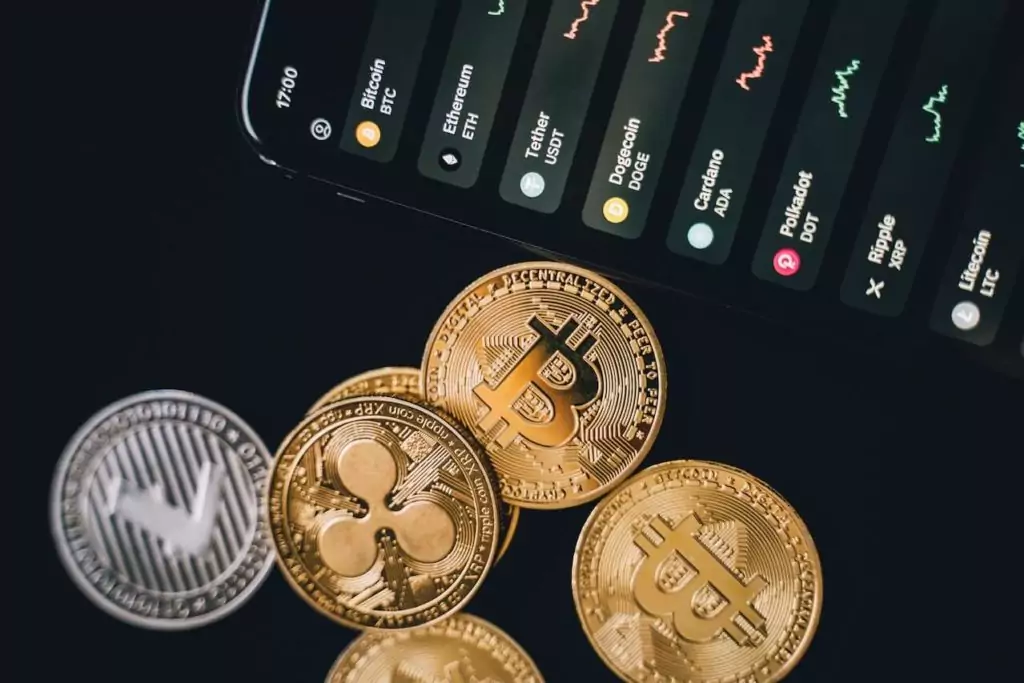What are all the cryptocurrencies
Coinlore Independent Cryptocurrency Research Platform: We offer a wide range of metrics including live prices, market cap, trading volumes, historical prices, yearly price history, charts, exchange information, buying guides, crypto wallets, ICO data, converter, news, and price predictions for both short and long-term periods leovegas bonus. Coinlore aggregates data from multiple sources to ensure comprehensive coverage of all relevant information and events. Additionally, we provide APIs and widgets for developers and enterprise users.
One of the biggest winners is Axie Infinity — a Pokémon-inspired game where players collect Axies (NFTs of digital pets), breed and battle them against other players to earn Smooth Love Potion (SLP) — the in-game reward token. This game was extremely popular in developing countries like The Philippines, due to the level of income they could earn. Players in the Philippines can check the price of SLP to PHP today directly on CoinMarketCap.
Cryptocurrencies are digital assets that are secured by cryptography. They use decentralized networks to transfer and store value, and the transactions are recorded in a publicly distributed ledger known as the blockchain. Transactions are verified by network nodes and recorded in a public distributed ledger known as the blockchain. Cryptocurrency transactions are secure, and are verified by a decentralized network of computers.
All the cryptocurrencies
A token is a digital asset created on an existing blockchain platform. They represent various types of assets or utilities. Tokens are not native to the blockchain they’re built on and can include utility tokens, security tokens, or non-fungible tokens (NFTs). Examples of tokens are Uniswap (UNI), Binance Coin (BNB) and Chainlink (LINK).
Play-to-earn (P2E) games, also known as GameFi, has emerged as an extremely popular category in the crypto space. It combines non-fungible tokens (NFT), in-game crypto tokens, decentralized finance (DeFi) elements and sometimes even metaverse applications. Players have an opportunity to generate revenue by giving their time (and sometimes capital) and playing these games.
A coin refers to cryptocurrencies and tokens, digital assets created and managed on blockchain networks. A cryptocurrency, also known as ‘crypto,’ is a digital currency that uses cryptography for security and operates on a decentralized blockchain network. Cryptocurrencies are native coins of their respective blockchains used to pay transaction fees and facilitate transactions within that network. Examples of cryptocurrencies include Bitcoin (BTC) and Ethereum (ETH).
Our Cryptocurrencies and Tokens Table is designed to provide you with the most up-to-date and relevant information about digital assets. In addition to the name, price, 24h change, market cap, circulating supply, and 24h volume, we provide valuable metadata to help you make informed investment decisions. Here’s a breakdown of the different metadata categories:
To add a new coin to Blockspot.io, fill out our submission form with all the necessary details, such as name, ticker, logo, type, supply, and other metadata. The form can be accessed at Submitting a coin to our platform is completely free, and we’ll review your submission before adding it to our extensive database of cryptocurrencies.

Do all cryptocurrencies use blockchain
Ethereum Request for Comment 20 (ERC-20) is the implemented standard for fungible tokens created using the Ethereum blockchain. ERC-20 guides the creation of new tokens on the Ethereum blockchain so that they are interchangeable with other smart contract tokens.
Not all blockchains follow this process. For instance, the Ethereum network randomly chooses one validator from all users with ether staked to validate blocks, which are then confirmed by the network. This is much faster and less energy intensive than Bitcoin’s process.
Transactions follow a specific process, depending on the blockchain. For example, on Bitcoin’s blockchain, if you initiate a transaction using your cryptocurrency wallet—the application that provides an interface for the blockchain—it starts a sequence of events.
While Bitcoin is considered to be the first cryptocurrency, several other attempts were made before to create a digital currency. American cryptographer David Chaum, in 1983, created the first digital money called eCash. Subsequent attempts gave birth to other cryptocurrencies such as E-Gold, Bit Gold and B-money, leading to the creation of Bitcoin in 2008.